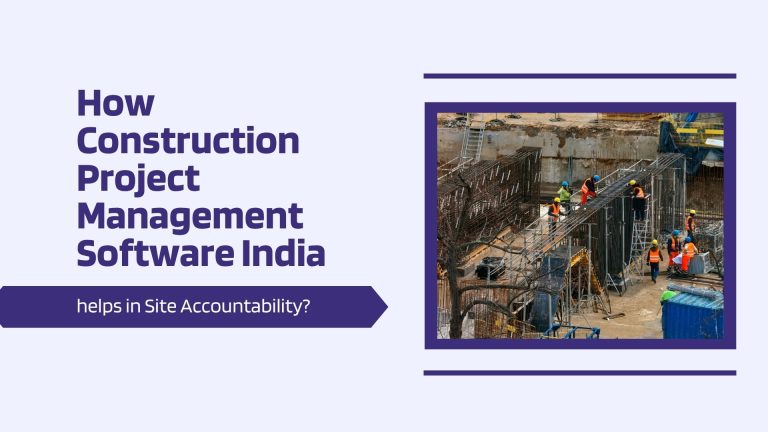
Freezone construction companies have become a global choice of businessmen. It takes some documents to establish your company in freezone, but it is one of the most advantageous steps. Freezone are the areas where every area is dedicated to operating specific activities. It also offers various advantages to businesses and helps the UAE itself to have growth in economy. If freezone offers advantages, it also offers disadvantages. Let’s take a dive into both.
Freezone Advantages
1. 100% Foreign Ownership
In a freezone a business owner can have 100% of ownership instead of sharing it with another owner. This is the most enticing attraction that people get when they search for starting a business in the UAE.
2. Tax Incentives
One of the best advantages of freezone is that businesses get a relief from tax. The tax in free zones is exempted for businesses.
3. Access to Foreign Markets
There are no trade barriers in the freezone companies. You can attract foreign companies and trade with them. nearby free zones you can have ports and airports nearby located to your business that attracts foreign businesses.
4. Infrastructure and Support Services
As per the need of construction firms, freezone provides infrastructure and support services.
Freezone Disadvantages
1. Restricted Market Access
While free zones provide easy access to foreign markets, they may impose restrictions on selling goods and services within the domestic market. This limitation can hinder companies’ ability to tap into local demand.
2. Dependency on Government Policies
As there are government policies imposed on construction businesses in freezone, it changes with time which leaves construction companies often vulnerable in this fluctuating environment. This causes risks and uncertainty in their operations.
3. Competition
As free zones attract a huge number of businesses from various industries, competition within these zones can be intense.
4. Limited Flexibility
Free zone regulations may impose constraints on certain business activities and operations. Construction companies may face restrictions on hiring the local workforce, engaging in specific types of projects, or accessing certain resources, limiting their flexibility and adaptability.
Conclusion
Freezone companies have advantages as well as disadvantages. A businessman should analyze both of them before setting up a business. Looking at both of the parallels of a market becomes necessary for a business before taking a decision to commence.
FAQs
1. What are free zone construction companies?
Free zone construction companies operate within designated areas that offer various incentives and benefits aimed at promoting economic growth and attracting foreign investment. These zones provide a conducive environment for businesses to establish and operate with certain advantages not typically available in the broader market.
2. Are there specific regulations governing free zone construction companies?
Free zones typically have their own set of regulations governing business activities, including construction. These regulations may vary depending on the jurisdiction and the specific free zone. It’s essential for companies to familiarize themselves with these regulations to ensure compliance and smooth operations.
3. How do free zone construction companies contribute to economic growth?
Free zone construction companies play a vital role in stimulating economic growth by attracting foreign investment, creating job opportunities, and fostering innovation and competitiveness. Their presence contributes to the development of infrastructure and industrial capacity, driving overall economic progress.
4. Can local businesses benefit from free zone construction companies?
While free zone construction companies primarily target foreign investment, their presence can also benefit local businesses indirectly. This includes opportunities for subcontracting, supply chain integration, and knowledge transfer, which can stimulate growth and create synergies within the local economy.
5. What factors should companies consider when deciding to establish in a free zone?
When considering establishing in a free zone, companies should assess factors such as:
- Regulatory environment and compliance requirements.
- Access to target markets and logistics infrastructure.
- Availability of skilled labor and support services.
- Stability of government policies and legal framework.
- Potential risks and challenges, including competition and market dynamics.







